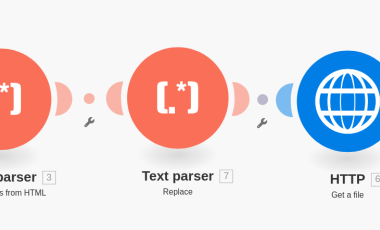Which is better: Responsive Web design or Adaptive web design?
Web browsing using smartphones and tablets are becoming increasingly popular. So, it is extremely important to make your website accessible through multiple devices.
Responsive web design addresses the issue and handles it by altering the website’s CSS code and making the page adjust to the OS and web browser, whether it is from a cell phone or a desktop or any other device.However responsive web design has it’s drawbacks - the most important one being issues with loading speed. Images and other high bandwidth features are not resized or eliminated, as in the mobile versions of a website, but simply rescaled or rearranged. Non-essential elements of the webpage can affect the website’s general performance.
The performance issue mentioned above could be solved using adaptive web design instead of responsive web design. Adaptive websites enhance end user experience by delivering better performance. With Adaptive web design, various models of the website can be built and content could be delivered to the user based on how he uses the website. In this case, if a person is viewing an adaptive website from a cell phone, a model of the website with lower size and lower resolution can be projected. In addition to mobile viewing, adaptive websites can be used to enhance user experience by altering the model of the website based on the history of how the user uses the particular website.
Responsive Web Design Vs Adaptive Web Design
Both responsive web design and adaptive web design can be used to make websites mobile-friendly as well as adjust screen size. However, the delivery of the responsive/adaptive structures is quite different: RWD relies on flexible and fluid grids, whereas AWD relies on predefined screen sizes.
Among the two, responsive web design might require more code and implementation strategies with the techniques used such as fluid grids, CSS, and flexible foundations, whereas AWD has a streamlined, layered approach, which uses scripting to assist with adapting to various devices and screen sizes.
Before deciding to make your website adaptive or responsive, it is recommended that you have a precise understanding of your target audience.If you think the website needs to have a lot of content, does not require advanced functionality / complex interfaces and mainly uses desktops, responsive web design would be better. In case you think the website users mainly use mobiles and requires advanced functionality / complex interfaces, Adaptive websites would be a better choice.



